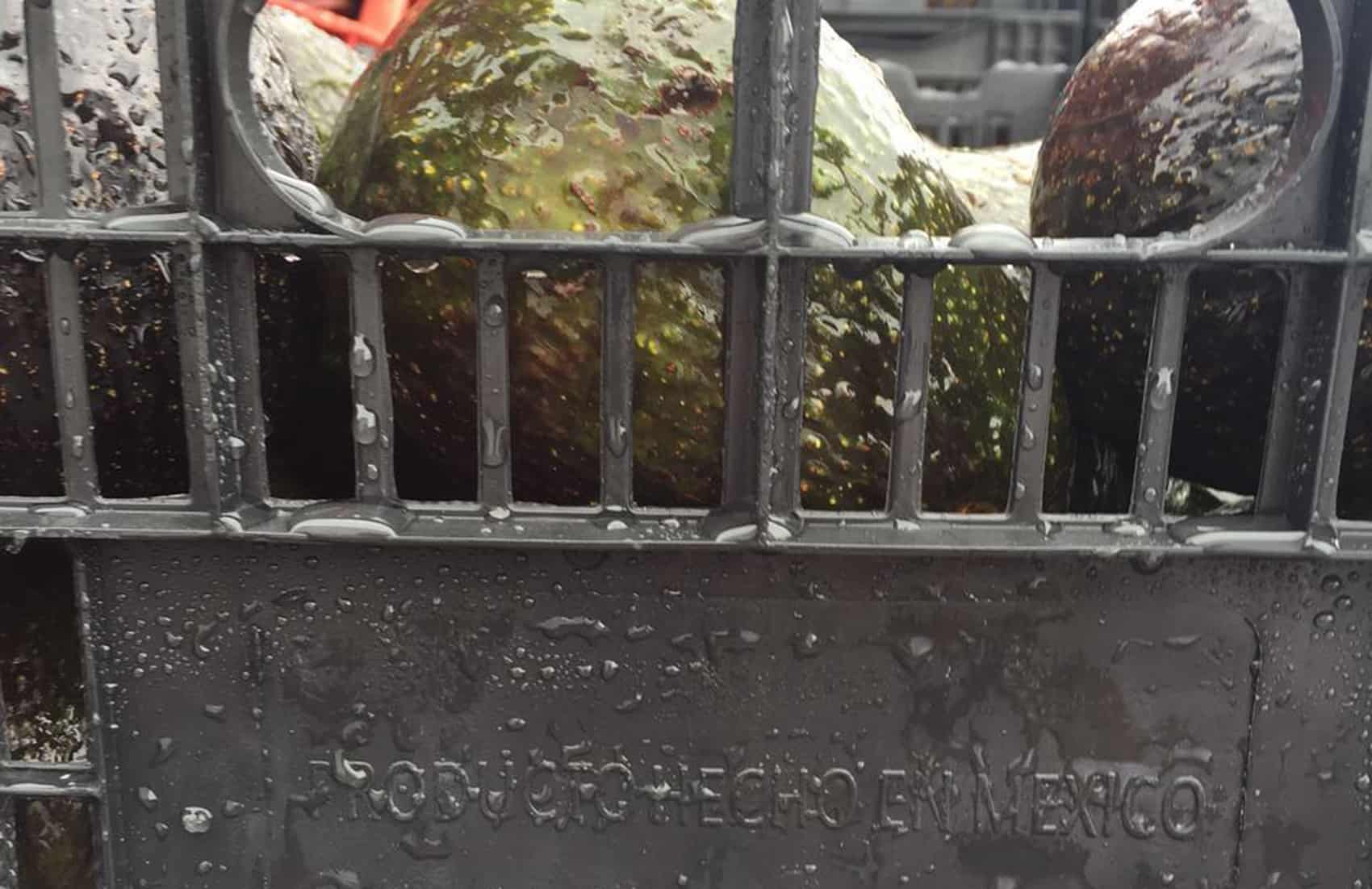The first anniversary of Costa Rica’s ban on avocado imports from nine different countries falls on Cinco de Mayo, a cruel joke for those looking forward to celebrating Mexico’s victorious battle over the French with a bowl of guacamole.
With avocado prices here hitting five-year highs, importers claim that the ban isn’t just affecting availability of the popular dip, but also encouraging a black market for coveted Hass avocados.
Randall Benavides, president of the Chamber of Perishable Goods Exporters and Importers, told The Tico Times that his organization has denounced contraband Mexican Hass avocados that have been appearing in farmers markets around the capital.
Benavides said the shortage of avocados has driven up prices as much as 87 percent and made it attractive for unscrupulous importers to buy Mexican avocados, ship them to Panama and then drive them over the border.
According to figures from the National Production Council, wholesale avocado prices were 47 percent higher during the first quarter of 2016 compared to the same period in 2015. Prices in April ranged from ₡2,850/kg ($5.30) in farmers markets to ₡3,338/kg ($6.26) in Costa Rican supermarkets.
The government Phytosanitary Service (SFE) decided to block the importation of Mexican and other avocados last year over fears of importing the sunblotch virus and infecting local trees. But Benavides said that decision has backfired.
“Contraband avocados aren’t going through any revision for sunblotch or other phytosanitary reviews,” Benavides said. Plus, their sellers aren’t paying taxes.
“Legal commerce is the only way to fight contraband,” he said.
The SFE did not respond to The Tico Times’ requests for comment Wednesday.
Importers have long warned that Costa Rica’s domestic production is insufficient to meet the national demand for avocados. Costa Rican restaurants and grocery stores have had to look to Peru and Chile to meet demand.
But avocado season is over in Chile and just starting up in Peru, Benavides said. The lull has further exacerbated the high prices.
Mexican avocados used to make up 80 percent of the 12,563 metric tons of the fruit that Costa Rica imported in 2014, the year before the ban went into effect. Costa Rica’s approximately 900 avocado producers top out at just 2,000 metric tons, according to the Agriculture Ministry.
The SFE has said that it has the right to ban avocados from countries with sunblotch to protect domestic production from the virus. Mexico and other countries have complained to the World Trade Organization that the ban is not based on scientific evidence, and therefore might violate international trade rules.
In March, Mexican Agriculture Secretary José Calzada said he would ask for World Trade Organization arbitration to resolve the dispute.
Mexico is not the only country to criticize Costa Rica for recent agricultural bans. In February, U.S. Ambassador S. Fitzgerald Haney told the daily La Nación that Costa Rica was not following international agreements on agricultural trade regarding avocados from Mexico and potatoes from the U.S. and Canada. He questioned the scientific rigor behind the SFE’s decisions.






